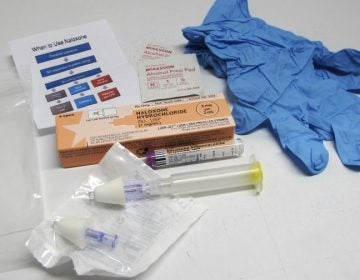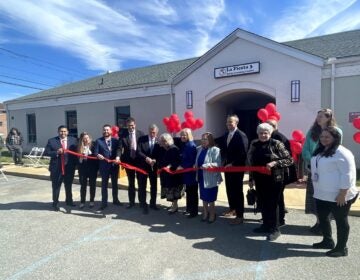‘No family member to check on them’: Delaware launches hotline to report abuse, neglect of seniors and vulnerable adults
Last year, the state initiated more than 2,100 investigations into senior abuse.
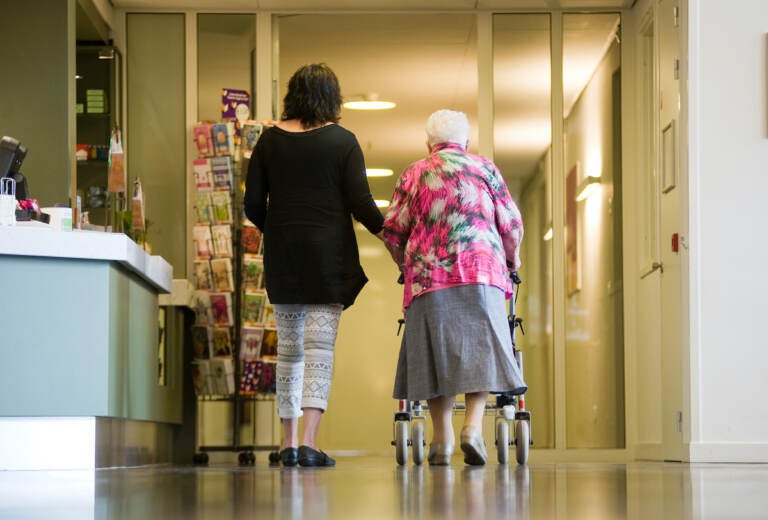
(Robert Hoetink/BigStock)
They struggle with cognitive decline and other health issues, often while living alone.
They’re susceptible to financial scams, even from loved ones.
Sometimes they get physically or sexually abused, or caregivers neglect or even abandon them.
They’re Delaware’s senior citizens and other vulnerable adults with physical or mental disabilities. Last year alone, the state launched more than 2,100 investigations of suspected abuse after receiving reports from the public.
Now the state’s Adult Protective Services program (APS) is making it easier for concerned people to alert them that someone might be in peril. Officials have created a confidential 24-hour phone hotline using the APS acronym and the state’s 302 area code.
The number is 888-APS-4302.
The state has launched an awareness campaign entitled “Make the Call” with public service announcements about the new hotline.
Melissa Smith, director of the Delaware Division of Services for Aging and Adults with Physical Disabilities, says the whole goal is to make it easier to get people the critical help and services they need.
Until now, people could make referrals through the state’s Aging and Disability Resource Center, using the same number that seniors and others use to inquire about services.
“What we learned over time is that didn’t feel natural to some people,’’ Smith said. “So we thought a dedicated number that would be easy to remember and might increase the opportunity for people to report something if they see it.”
She urged people to report suspected physical, sexual, and emotional abuse, caregiver or self-neglect, financial exploitation, abandonment, and other forms of harm, including intimidation, manipulation, and coercion.
Seniors make up a higher percentage of Delaware’s population compared to national numbers, and the gap has grown during the last two decades, according to U.S. Census Bureau statistics.
In Delaware, people age 65 or older comprise 20.1% of the population, compared with 16.9% nationwide. In 2000, 12.9% of Delawareans were seniors, compared with 12.4% nationwide.
“We know in Delaware and across the nation, the number of adults that are aging is growing,’’ Smith said. “And Delaware certainly has a very high rate of growing older adults.”
That has meant more referrals for investigation, she said.
“I think the most frequent is when we have an older adult that’s living by themselves and has done so for a number of years,’’ she said. “And they’re beginning to decline. And it’s usually a neighbor that calls and says, ‘I’m worried about them, their house and the upkeep isn’t the way it used to be. I don’t see them as often.’”
“And then we go out there to take a look. Is this neglect? Is there someone taking care of them? And it’s an opportunity to get in and provide services.”
Follow-up could lead to getting the person enrolled in programs like Meals on Wheels, or medical or support services, she said.
When the caller suspects someone is being scammed financially, “that‘s usually an opportunity for us to get involved and bring light to the subject, hand it over to the appropriate investigative bodies so that we can put an end to the exploitation,’’ she said. “And that happens all the time.”
The campaign is also a reminder to mandatory reporters, which includes health care workers, caregivers, and employees of financial institutions, that they are legally required to make the call. Call takers and screeners will contact law enforcement if necessary, but Smith says people who suspect someone is in immediate danger can also call 911.
‘They’re in distress and we don’t even know about it’
Sheila Berkel, executive director of the Rose Hill Community Center south of Wilmington, applauded the state for starting the hotline.
“Being able to access that number for somebody if there is even a slight suspicion, I think it’s an awesome idea,’’ Berkel said.
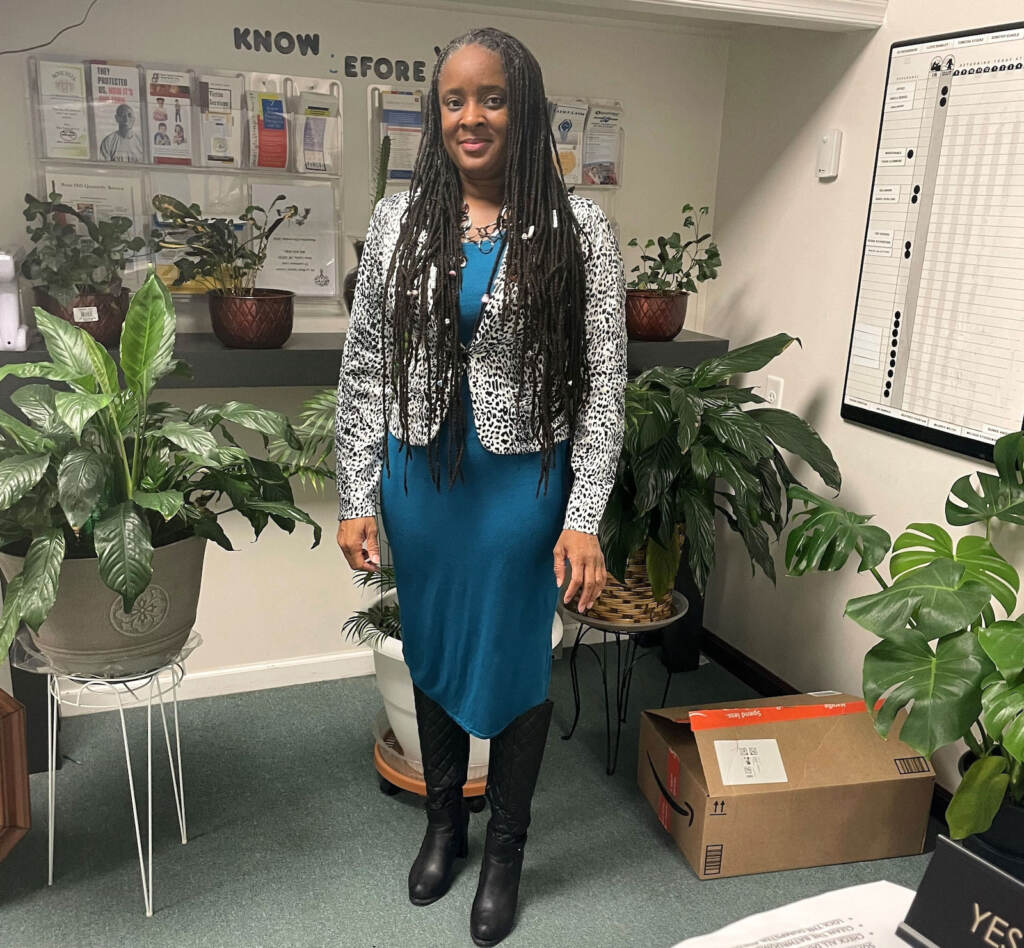
Berkel said the need for protective services is huge, especially for elderly men and women who live alone.
“There is no family member to check on them or no family member does check on them,” Berkel said. “So a lot of times they’re in distress and we don’t even know about it. I know specifically during the pandemic, we had a lot more of our seniors that were depressed, sad and depressed because there was no socialization. They weren’t getting out of the house.”
That hampered the ability of Rose Hill staff, which operates the De La Warr Senior Center on site and another one in Bear, to assess the stability of members who came to socialize or have their daily meals, she said.
“There’s a couple of things we can look at, just from sight,’’ she said. “Are they eating? How are they eating? A lot of times the seniors ate breakfast here, lunch here, and if we have dinner they do dinner here. So that gave us information that they didn’t have food at their house.”
Then there’s the threats from scammers who operate by phone, online, or by knocking on doors — or even theft from relatives.
“They don’t have a social network that they can run things through,” Berkel siad. “So yeah, I do think that is more prevalent in that population.”
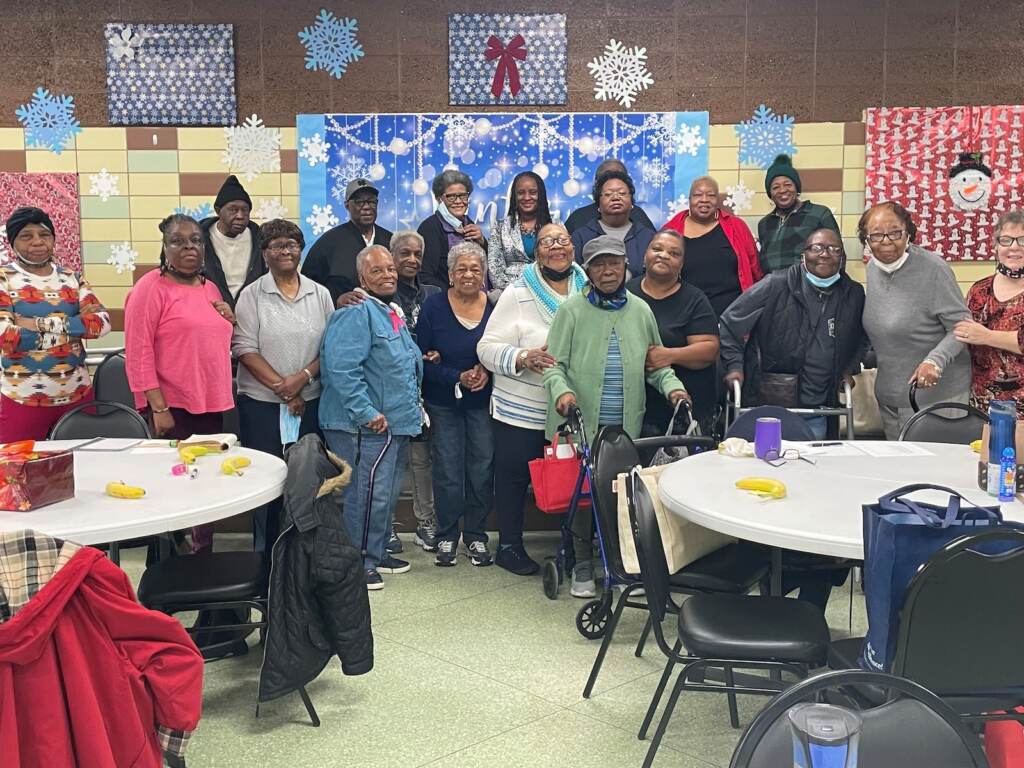
Smith also stressed that individuals don’t have to accept help from Adult Protective Services.
“If something funny is going on and it’s been reported and then we get in and the individual says, ‘Look, really there’s no problem. I want you to go away,’ then we’ll go away,’’ she said. “We will be involved to the extent that the individual will allow us and wants us to be there.”
WHYY is your source for fact-based, in-depth journalism and information. As a nonprofit organization, we rely on financial support from readers like you. Please give today.




